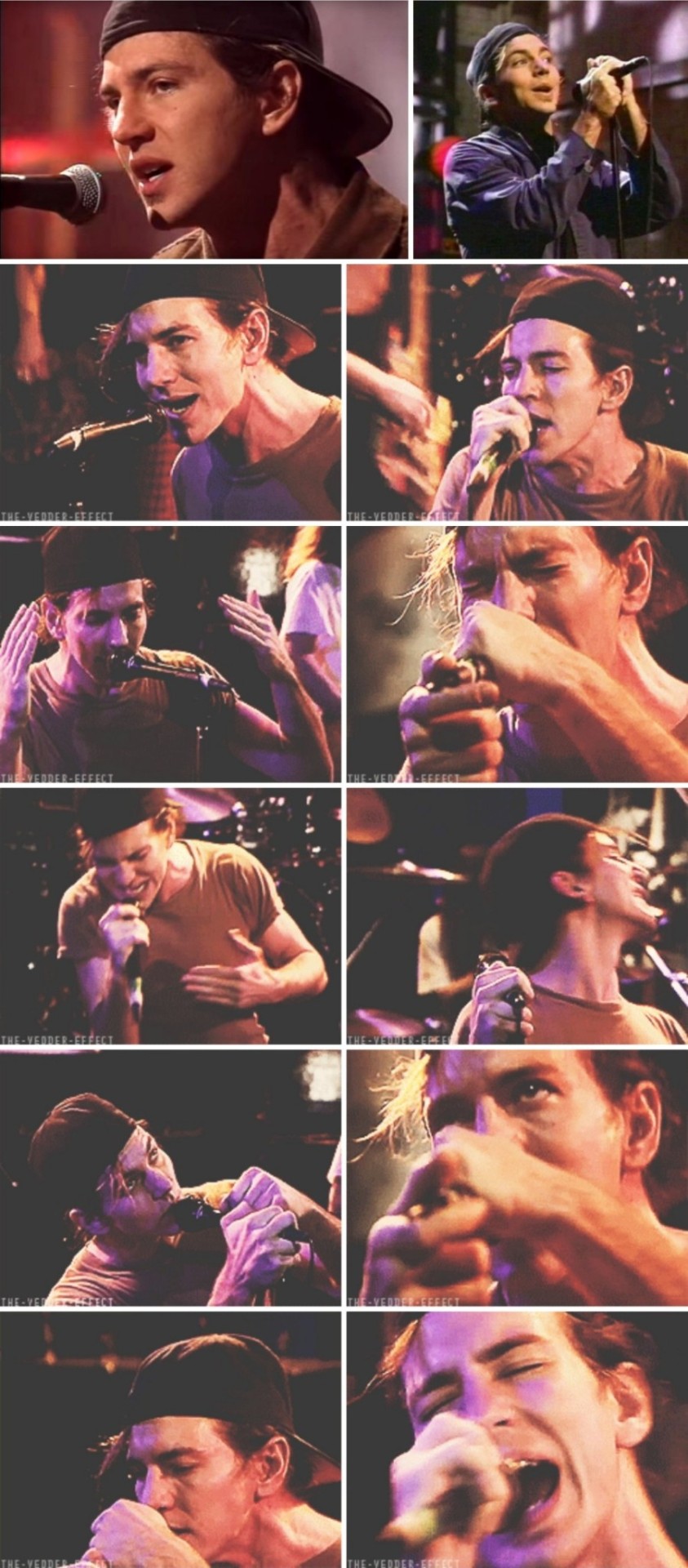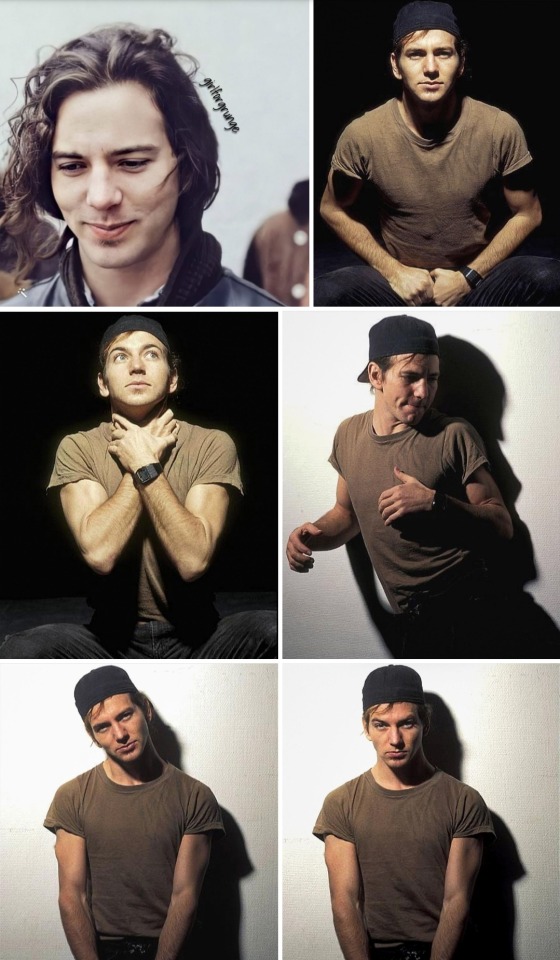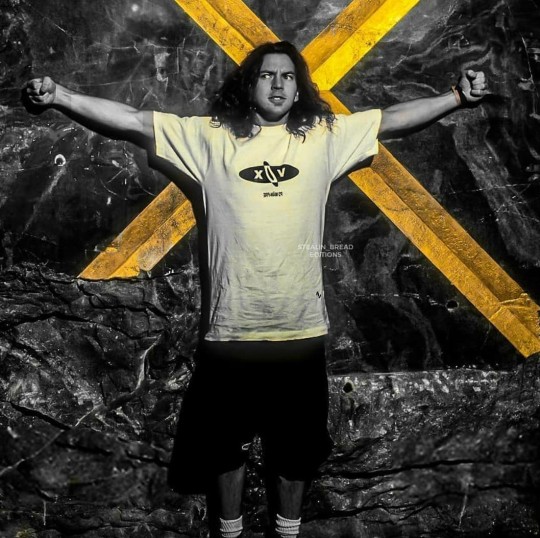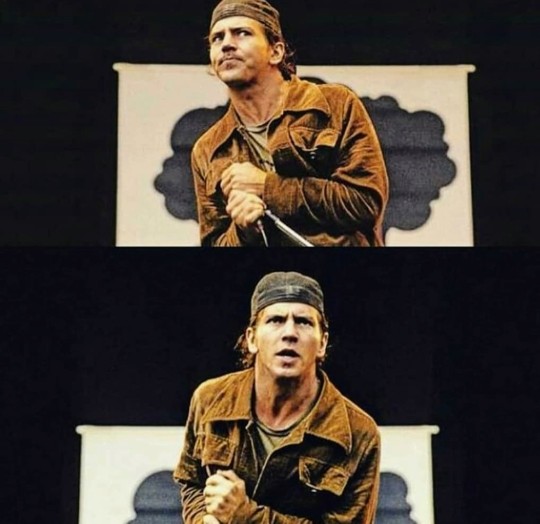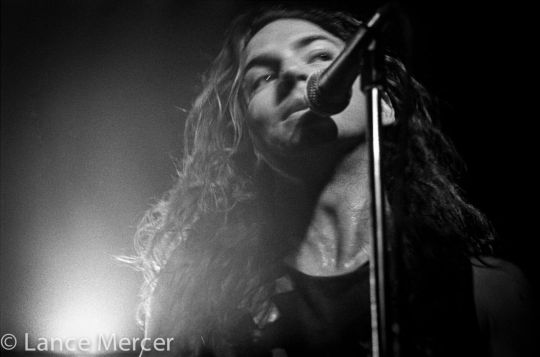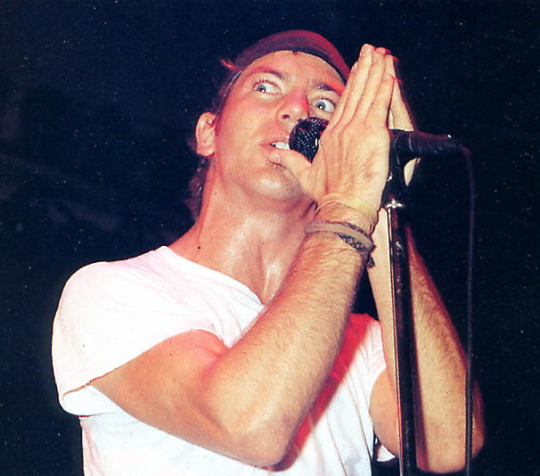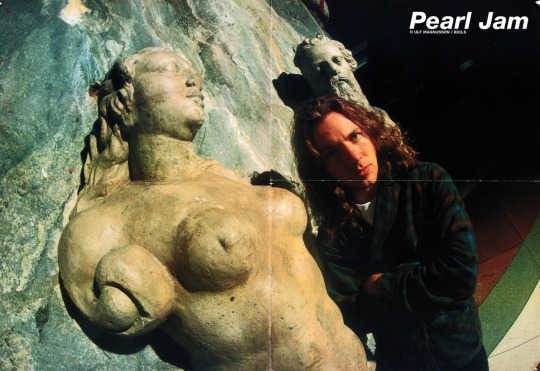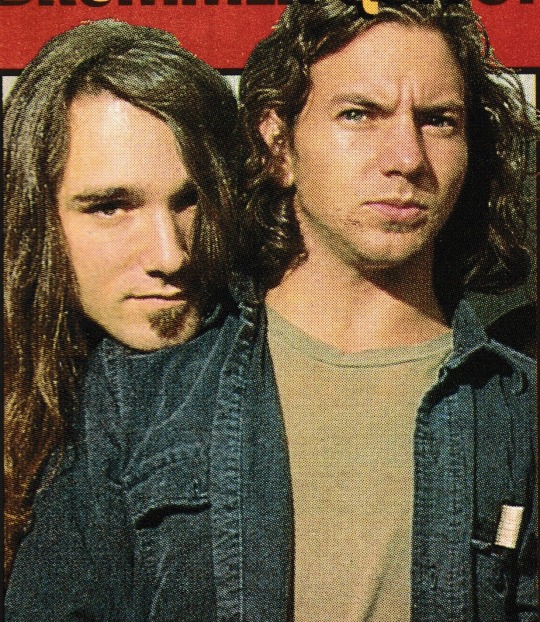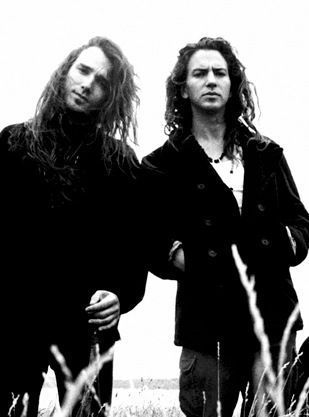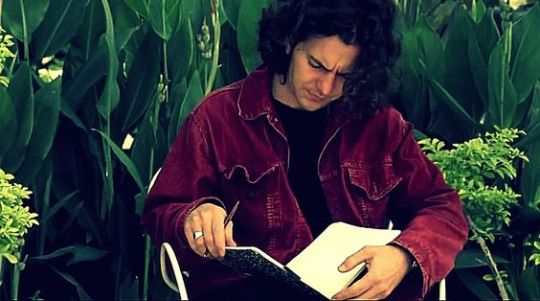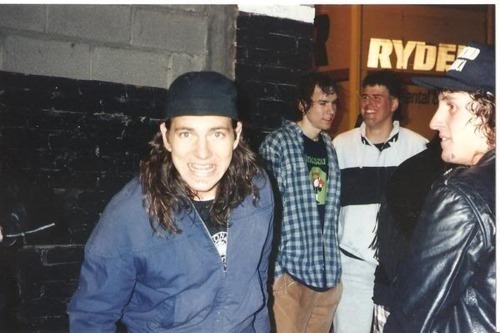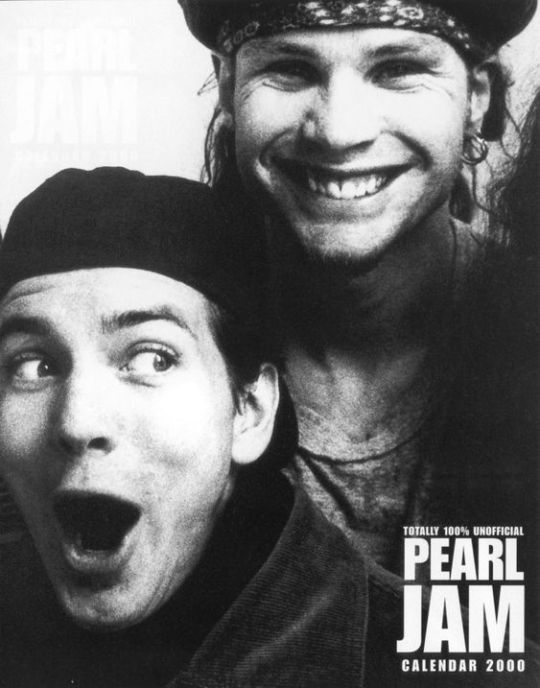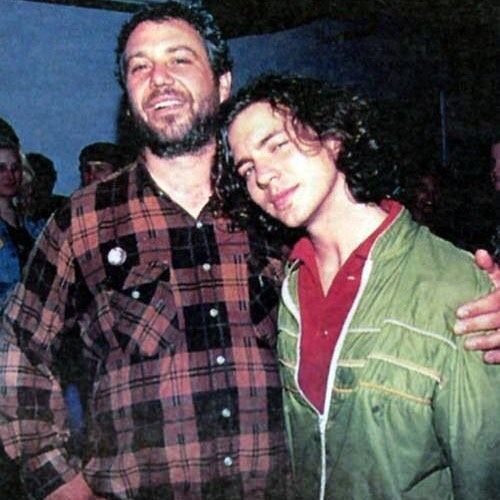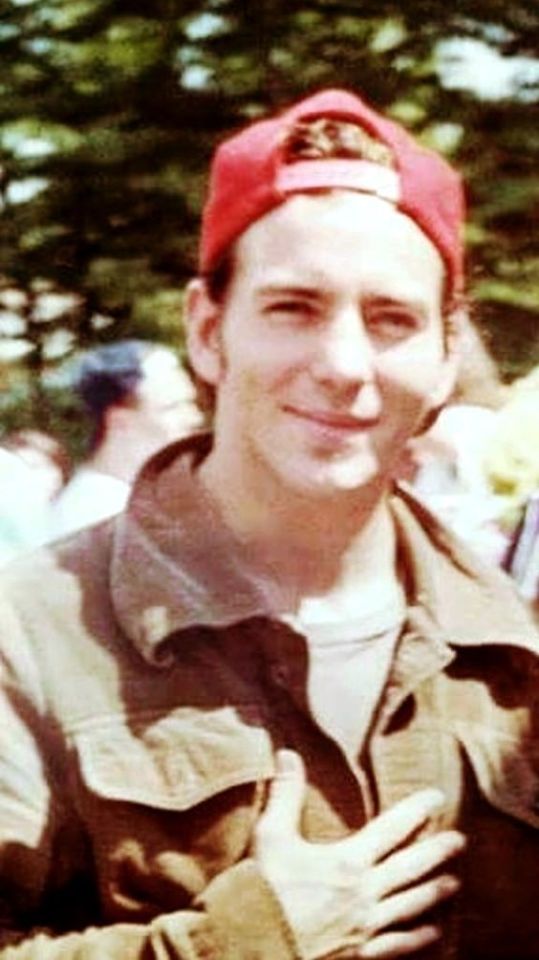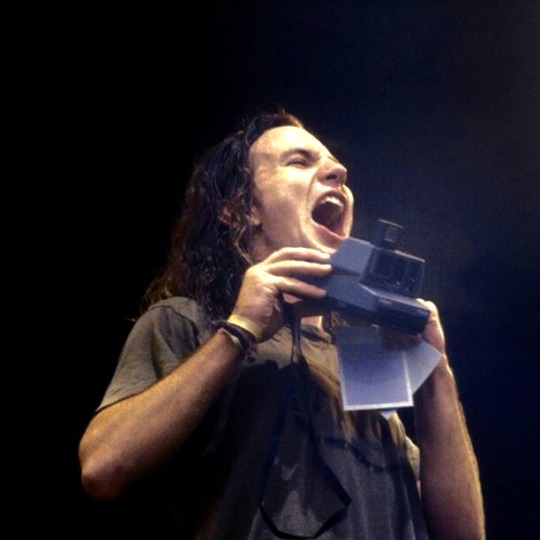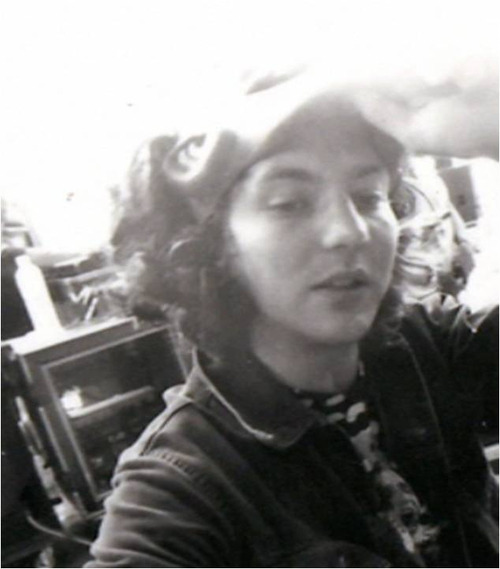#eddie vedder backwards hat
Text

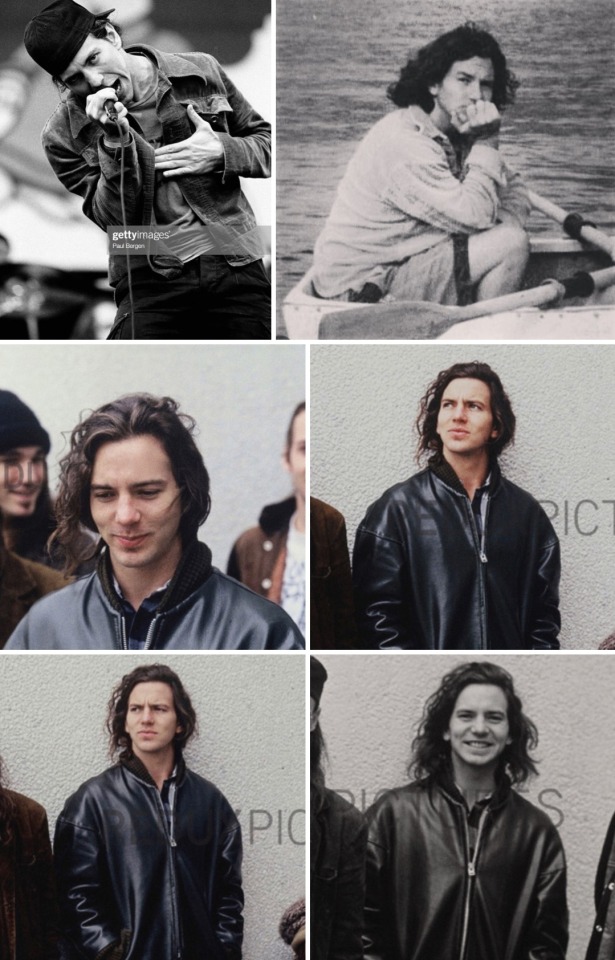
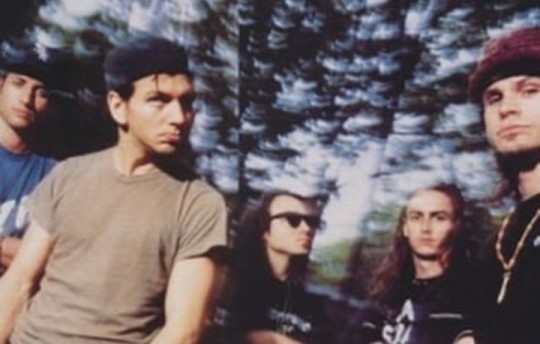
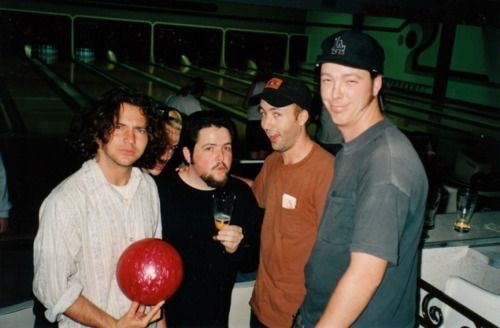

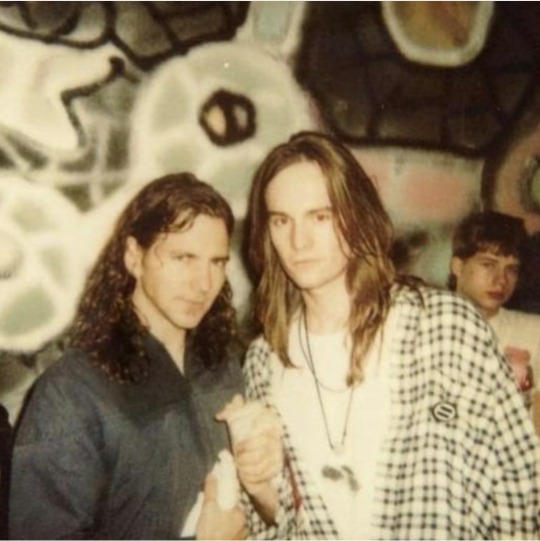
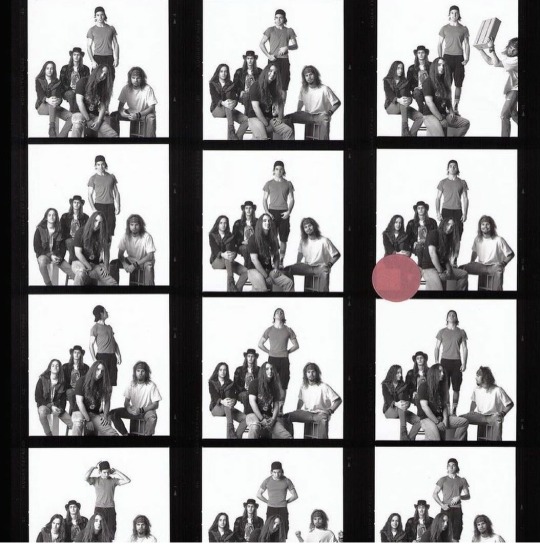


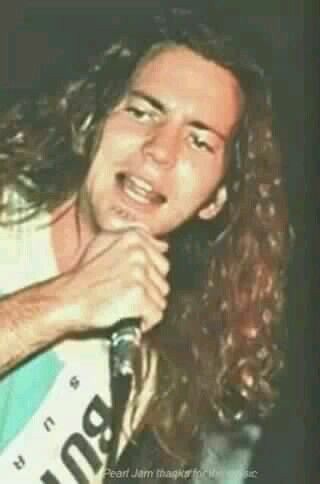
#pearl jam#stone gossard#90s grunge#dave abbruzzese#jeff ament#mike mccready#90s pearl jam#90s#eddie vedder backwards hat#eddie vedder hat#90s eddie vedder#eddievedder#eddie vedder
39 notes
·
View notes
Text
From Green River to Nirvana to Bush: A Brief History of Grunge
The origin of the term grunge, which means either repugnant or dirty came from most likely a Sub Pop music catalog to describe an EP released by the band Green River in 1987. “Gritty vocals, roaring Marshall amps, ultra-loose GRUNGE that destroyed the morals of a generation". The term grunge had been used since the 1960’s to describe an array of bands, but this was the first time the term had been applied to any music out of Seattle. One of the reasons the music coming out of Seattle sounded so dirty or sludgy came for a very practical reason. Most of these groups did not have very much money, which meant when creating new songs in the studio these artists could not spend the money they did not have on cleaning up the sound. The scene of Seattle first came from two colleges, Evergreen State and the University of Washington, which brought about the hugely popular radio station KAOS, where Nirvana would actually play in 1987. Many major bands that came out of Seattle like Nirvana, Pearl Jam, Soundgarden hated the term. One primary reason was the fact that it stereotyped these bands into one generic genre as even these three specific groups were vastly different from one another. Nirvana was pop punk, Pearl Jam embodied classic rock, and Soundgarden turned out to be much more metal. Ben Shepherd of Soundgarden would say he hated the term and did not want to be associated with it. Many musicians from Seattle all the way down the line never referred to grunge in any manner whatsoever. Rolling Stone would say that there did not exist any clear definition of what defined grunge as it covered a bunch of bands that were very different from each other.
The start of early grunge in Seattle began when Black Flag came to town in 1984. They were the poster child for hardcore punk at the time. Black Flag’s album My War was huge in terms of Seattle’s sound as it took elements of metal and traditional rock, then slowed it down. Steve Turner of Mudhoney would later comment. “A lot of other people around the country hated the fact that Black Flag slowed down ... but up here it was really great ... we were like 'Yay!' They were weird and fucked-up sounding." One of the people that went to these Black Flag shows was Buzz Osbourne, lead singer of local group the Melvins. After seeing Black Flag, he began writing riffs for his own band that were much slower and heavier. This became the very beginning of Northwest grunge, which producer Jack Endino called slowed down punk rock. Seattle musician Leighton Breezer would describe it as essentially playing punk rock backwards. Another key ingredient to grunge’s development came in the infusion of metal elements with the greatest influence being Black Sabbath. One approach for these early bands was to take a metal riff, then play it backwards with a ton of feedback, while screaming lyrics on top of it. Another other source of the grunge sound came with indie rock, which should not be discounted because it brought that pop melody into the equation. A huge influence on this emerged with Sonic Youth. Other artists included Pixies and Dinosaur Jr. Kurt Cobain identified with the former in particular as he noted in a Rolling Stone interview, "I connected with that band so heavily that I should have been in that band—or at least a Pixies cover band. We used their sense of dynamics, being soft and quiet and then loud and hard." These artists did seem to embrace the ugly aspect of the music as they loved to pen dark lyrics mirroring society at the time. This stood in stark contrast to the mainstream sex, drugs and rock and roll of the hair metal coming out of Los Angeles. The Seattle bands would even take things from so called cheesy rock bands like Kiss. Buzz Osbourne would say they would steal from the ridiculous rock bands too seeing what they could get away with all the time. Rock writer Kyle Anderson would say this about grunge when reviewing Sixteen Stone from Bush. “The twelve songs on Sixteen Stone sound exactly be like what grunge is supposed to sound like, while the whole point of grunge was that it didn't really sound like anything, including itself. Just consider how many different bands and styles of music have been shoved under the "grunge" header in this discography alone, and you realize that grunge is probably the most ill-defined genre of music in history."
Certain artists prior to bands like the Melvins and Green River heavily influenced that Seattle sound including Here Are The Sonics, released in 1965 by The Sonics.[153] Neil Young's albums Rust Never Sleeps (1979) and Ragged Glory (1990). Neil Young symbolized everything that grunge and Seattle seemed to represent including plaid flannels and distorted guitar. He would even have Pearl Jam act as his backing band for the 1995 album Mirror Ball. These groups were soon labeled proto-grunge. Other artists included Elvis Costello, the Stooges, Led Zeppelin, and Creedence Clearwater Revival for their respective 1970’s and 1980’s albums. Another effect on the development of the sound came in the city of Seattle itself as it flew below the radar when compared with other cities. Sub Pop’s Jonathan Poneman would say in an interview. “Seattle was a perfect example of a secondary city with an active music scene that was completely ignored by an American media fixated on Los Angeles and New York [City]." Everything about the style that would become associated with Seattle came out of necessity, not really any choice. Trucker hats, pawnshop clothes, cheap guitar all sprung from the fact that Seattle in fact was a very poor town. For his part, Kurt Cobain when Nevermind went number one was actually living in his car. Local post-punk bands also had an effect on what eventually became the grunge bands of the late eighties such as The Fartz, The U-Men, 10 Minute Warning, The Accüsed, and the Fastbacks. Yet, one must note there existed a differential between these groups and those that came to define early grunge.
The very first grunge record has been regularly referred to as Come on Down from Green River. The band would later split up with half the group later forming Pearl Jam and the other half creating Mudhoney. Another release that hugely helped along the development of the Seattle sound was in the Deep Six compilation featuring tracks from six bands: Green River, Soundgarden, Melvins, Malfunkshun, Skin Yard, and The U-Men. Jack Endino would make this observation about the release at the time. “People just said, 'Well, what kind of music is this? This isn't metal, it's not punk, What is it?' ... People went 'Eureka! These bands all have something in common.'" Later around the same time, Sub Pop released a similar compilation, along with a new EP from Green River, Dry As a Bone. The effect of the Sub Pop label had everything to do with the Seattle sound too because of their heavy commitment to cleverly selling the brand to the rest of the world as one of the greatest regional music scenes in the history of the world. The early concerts sponsored by the label were not attended by very many people, but Sub Pop’s photographer made it look like the concert of the year. Their marketing was top notch when it came to letting the rest of the world know there was something incredible happening in Seattle. Sub Pop was not alone in spearheading the indie movement in the Pacific Northwest, but other labels released new music including C/Z Records, Estrus Records, EMpTy Records and PopLlama Records. In the late 1980’s, Jonathan Poneman of Sub Pop asked Everett True to write about the local Seattle music scene for Melody Maker. This article gave Seattle some of the first mainstream national exposure besides word of mouth. According to Charles R. Cross, the bands that embodied the grunge sound more than anyone else were not just Nirvana or Pearl Jam, but groups like Tad, Mudhoney, Blood Circus. Sub Pop actually looked to Mudhoney to be the breakout band from their label allowing Nirvana to leave without much protest.
The negative issue with such exposure became that new groups began to move to Seattle hoping to be discovered while claiming to be an authentic local group, when in reality they were not. Steve Turner would say, “It was really bad. Pretend bands were popping up here, things weren't coming from where we were coming from." The first group to sign to a major label was Soundgarden, followed by Alice In Chains and Screaming Trees soon after. Unfortunately, this really signaled the end of a truly independent local music scene, but the major labels coming to Washington state was probably inevitable.
The major label signings were expected but when Nirvana released Nevermind, the repercussions were in no way contemplated in any way whatsoever. The success of the record changed everything because it made what would become alternative music able to be sold as merchandise and in a cultural sense. Michael Azerrad said it represented "a sea-change in rock music" in which the entire country said we are done with hair metal. We want something a bit more realistic when it comes to our music. The newfound popularity of grunge made it possible for other niche audiences to consider the potential financially and culturally for their music to be successful. A more current example may be seen in dubstep and EDM. Pearl Jam would be the first beneficiaries of Nirvana’s lightning bolt, no pun intended. Jeff Ament and Stone Goddard, formerly of Green River and Mother Lovebone, had joined forces with a California surfer by the name of Eddie Vedder. People tend to forget that Pearl Jam’s seminal album Ten was actually released a month before Nevermind. By 1992, the entire country had embraced everything Seattle including Pearl Jam, Temple of the Dog, Soundgarden, and Alice In Chains. Journalists were starting to call the city the “New Liverpool.” Cameron Crowe even made a film centered around Seattle entitled Singles, which featured a fictitious band with Eddie Vedder as their drummer. The fashion fads of grunge did not go unnoticed to corporate America as knit caps and flannels would increase in price very quickly. Entertainment Weekly made this observation in 1993. “There hasn't been this kind of exploitation of a subculture since the media discovered hippies in the '60s". One could now see grunge being sold in the form of all kinds of products including an official grunge air freshener.
There do exist some characteristics of the grunge sound itself that people did agree upon, but much like the term itself there are open debates as well. As noted previously, the electric guitar had represented a dirty sound, hence the name grunge. There existed a heavy emphasis on distortion through the use of stompbox pedals with very large amplifiers connected to them. The other major characteristic that defined grunge besides distortion was loudness. Some critics have dismissed the artistry within grudge as merely noise, not anything else. Another effect utilized by grunge was the guitarists use of the Wah Wah pedal as evidenced by Pearl Jam, the Screaming Trees, Soundgarden, and Alice in Chains. The controversial and debatable aspect of the guitar is the question of whether the popularity of the music helped to kill the guitar solo. Most of grunge’s guitarists despised the shredding solos made famous in the 1980’s by such musicians as Eddie Van Halen. Jerry Cantrell of Alice In Chains would say that guitar solos should serve as a complement to the song, not its own entity. Will Byers of the Guardian wrote an article that argued grunge’s guitarists like Kurt Cobain helped to effectively kill the guitar solo in popular music. Unlike classic artists such as Jimi Hendrix, Kurt Cobain and others from Seattle had very little interest in mastering the instrument. The Soundgarden guitarist would even say that he got bored doing solos, so he just filled it with fuzz and distortion anyway. The argument does fall apart a little bit when you look at the entire breadth of grunge at the time because Pearl Jam’s Mike McCready and the Smashing Pumpkins’ Billy Corgan have been consistently referred to as some of the most influential guitarists in the entire decade. The production was also similar in approach as it heavily emphasized low cost, which always meant a low fi sound. For the band Mudhoney, they had to tell the record label to decrease the budget for one of their albums because they did not need to spend that much. The two important producers were Jack Endino and Steve Albini. They both took a very hands off approach to producing with very little to do with remastered effects and mixing. They both believed that the job of the producer was to simply record the music, but not impede in any way creatively for the artist. For example, In Utero was recorded in the same room with the entire band, while most mainstream producers would have recorded it separately then combined them on a multi track recorder. That approach would often give off a very live feel to a grunge release from the recording studio. Many bands simply wanted to replicate the sound energy from their live shows. A grunge concert was defined by bands who jumped, thrashed, and screamed on stage, while most of the audience would mosh or slam dance. The artists would never use any visual aids, props, or special effects to enhance the experience, but instead you were simply seeing essentially a local band. Dave Rimmer would write about the philosophy behind any true grunge show. It seemed “for Cobain, and lots of kids like him, rock & roll ... threw down a dare: Can you be pure enough, day after day, year after year, to prove your authenticity, to live up to the music ... And if you can't, can you live with being a poseur, a phony, a sellout?"
One of the negative aspects associated with grunge came in the question of how prevalent overall did heroin play in the lives of the artists. Not only did Kurt Cobain suffer from heroin addiction, but other artists did as well from that era including Scott Weiland of Stone Temple Pilots, Evan Dando of the Lemonheads, Jimmy Chamberlain of Smashing Pumpkins, Courtney Love of Hole, and Mark Lanegan of Screaming Trees. The comparison was made to the hippies of the 1960’s, who had embraced marijuana. The grunge musicians of the 1990’s seemed to look to heroin while in the city of Seattle. The downer effects of the drug represented what the lyrics told you about how these artists were feeling, self-hatred, nihilism. By taking heroin, someone could hide themselves from the world avoiding any sense of reality. The drug would take many casualties along the way including Andrew Wood of Mother Lovebone, Cobain, the keyboardist for the Smashing Pumpkins, Layne Staley of Alice in Chains, and later the bassist for the band Hole. One group that almost beat Nirvana to the punch of making it on a national basis was Mother Lovebone. Their lead singer Andrew Wood tragically died of a heroin overdose right before their debut album Green Apple was set to be released. They represented the number one band throughout the local Seattle music scene at the time. After his death, the remaining members of Mother Love Bone, Chris Cornell of Soundgarden, and Eddie Vedder joined up to create the tribute band for the late singer, Temple of the Dog. One of the first times fans heard Eddie Vedder on record was not Pearl Jam’s Ten, but actually Temple of the Dog. Jeff Ament and Stone Gossard did eventually join up with Vedder to form Pearl Jam. Courtney Love would a later comment that she thought heroin was easier to get in Seattle, than it was in Los Angeles or San Francisco. Yet, Daniel House of C/Z Records would argue that the idea of Seattle being a mecca for heroin was simply not true. He said the prevalence of the drug was no worse than any other American city in the country, while magazines like Rolling Stone contended that marijuana and MDMA seemed to be more likely the drug of choice for these artists.
Another important characteristic of grunge was is the active role that women played as musicians, as well as promoters of the movement. These groups included acts such as L7, Lunachicks, Dickless, 7 Year Bitch, The Gits, Courtney Love's band Hole (and Love's other 1990s groups), and Babes in Toyland. VH1 writer Dan Baker would comment that L7 were an “all-female grunge band [that] emanated from the fertile L.A. underground scene and [which] had strong ties with ... Black Flag and could match any male band in attitude and volume." The lead singer of the all girl band Bikini Kill Katherine Hanna would help to start the feminist punk underground movement called Riotgrrrl in the Pacific Northwest out of Olympia, Washington. This social and political movement began to embrace some of the same qualities found within grunge music. Singer Hanna was also the person that coined the phrase Smells Like Teen Spirit as Cobain had dated her drummer Toby Vail for a time. Coincidentally, she would later go onto marry Adam Horowitz of the Beastie Boys.
By late 1992, there began a strong backlash against anything referred to as grunge. Both Damon Albarn and Billy Corgan of Blur and Smashing Pumpkins respectively would say at their live shows, “Fuck grunge.” Kurt Cobain would say in an interview that being famous was the last thing he ever wanted to be. Along with a return to their punk roots, Nirvana’s album In Utero subtly was intentionally “abrasive” as a form of protest against the entire grunge trend. Despite their efforts, the album still went number one in its first week of release. Everything grunge related saw incredible success including groups like Candlebox, Soundgarden, and Alice In Chains, as they all released records that saw platinum achievement very quickly. As LA looked for the next Motley Crue in the 1980’s, record labels now began to look for the next Nirvana. Some of these second wave groups included Stone Temple Pilots, Veruca Salt, and Toadies. Unfortunately, Stone Temple Pilots were called out in the press for jumping on the bandwagon that was the Seattle sound. Their biggest flaw came in being from Los Angeles, not Seattle. Another group that suffered from this backlash was represented with Bush, who released their second album in 1994, Razorblade Suitcase. Chuck Klosterman would write, “Bush was a good band who just happened to signal the beginning of the end; ultimately, they would become the grunge Warrant.” The exact death of grunge has been debated as to a precise date, but one of the biggest factors came when Pearl Jam and Soundgarden began to fade from view for a time. Another huge issue came with the death of Hole’s bassist from a heroin overdose. This just brought up memories from Kurt Cobain’s tragic death as his widow was lead singer of the group. Jason Heller of the av club would write the the final nail in grunge’s coffin actually came in the release of In Utero in 1993. He argued that once his angst became commercial, then it was time to leave the scene. Nirvana had made the scene, and they obviously ended it. Billy Corgan would say after the death of Cobain in an interview, “The party’s over.”
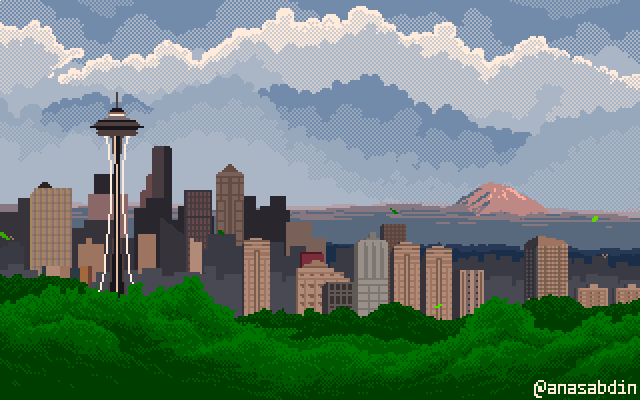
2 notes
·
View notes
Text
The Day I Touched Eddie Vedder’s Ankle
March 25, 1992
It was cold, as March in Minnesota tends to be.
But this March was colder than usual. Brian was gone. And I had a horrible case of mono that I had succumbed to immediately after he dumped me, which led me to drop the majority of classes I was taking that semester. My financial aid situation was now a mess but I was too sick to go to work and my money supply was dwindling. I had pushed my friends away. I didn’t want to see anyone or talk to anyone or go anywhere or do anything.
It had been this way for over a month. I spent long days in bed, with barely the energy to eat or even sit up. My muscles and my head and my whole body hurt whenever I tried to move or even think. I couldn’t distinguish whether it was from the sickness or loneliness or aching for Brian but it didn’t matter. I just knew everything hurt and everything felt dark, cold, empty, dead . . . hopeless.
But sitting on the nightstand next to my bed were two tickets to an all ages show at First Avenue. Pearl Jam. It was coming up soon. I really didn’t want to go. I was supposed to be going with Brian. We were supposed to go together. We were supposed to BE together. But the tickets continued to sit there, mocking me, reminding me of what my world had been just a short month ago, but now of what was gone, what was lost, and reminding me of how badly I had fucked it all up.
But I also hated to let the tickets go to waste. I had paid for them. So, as a reluctant Plan B, I convinced my sister to join me. She was older, but always seemed younger. The kind of sister you end up scooping up off the floor of a closet at the end of the night when you bring her to a party, or who takes off on a motorcycle with a random guy she doesn’t know. or disappears for so long in a shopping mall that you end up freaking out and contacting mall security . . . but anyway.
Night of the event. I made myself pull out my standard rock concert clothes, which consisted of knee high black suede boots and a long black velvet jacket thing, which was tapered at the waist then flared out into a skirt in the most lovely feminine way. It was adorned with brass buttons down the front, and two in the back. I loved that jacket. It usually cheered me up every time I put it on. But this time it didn’t. This time I was just going through the motions.
When we got inside the already-packed venue, I could immediately feel Brian. I swear I could smell him. I knew he was there. There was no way he would miss this. But he was upstairs, in the balcony where 21-year-olds were allowed, not corralled on the main floor, in the kiddie pen, where I was humiliatingly sequestered. I let my head turn towards the balcony, let my gaze drift up there, as if I might see him. As if he might see me and actually come down.
Scrunching ourselves as best we could onto the main floor, my sister and I tried to push our way towards the stage, but didn’t get very far. In fact, not very close at all. In my weakened state I just didn’t have the energy. We ended up in the back of the room, near the sound board, more Mike-side than Stone-side, although at the time I didn’t know the difference between the sides. I didn’t know their names yet.
“Oh weird,” I commented to my sister, as I looked around us. “Every single guy here is wearing a flannel shirt.”
She rolled her eyes at me. “Of course they are,” she said in her big-sister voice. “That’s what they wear now.”
I hadn’t realized the extent to which Pacific Northwest attire had already permeated the burgeoning grunge crowd in the midwest. For some reason I thought me and the Record Store Boys were the only ones who knew about this. But it was literally Every. Single. Guy. in the room was wearing plaid flannel. When had this happened? I felt kind of stupid, as I realized I was looking WAY out of place in my velvet finery.
And it was interesting to note the ratio of males to females. Easily over 80 percent male. And most of the females appeared to be tag-along girlfriends. Me and my sister were definitely the minority. Which is weird when you think about it. Given how handsome everyone in the band was, why weren’t there more girls?
But then they started to play.
We stood still, as did everyone around us on the floor, completely captivated by the unbelievable power that was suddenly filling the room and pelting us like someone had fired off a flurry of rockets. We watched the surreal energy on the stage, bouncing, whipping their hair, growling out song after song. All I could think was . . . WHUT!!!??!!!
Mostly my eyes were glued to the lead singer. It was hard not to stare at him. He just completely broke the mold of what your typical rock star guy was at the time. But I also remember the rest of the band, that Jeff was wearing a cool hat and looked so solid and muscular, although I didn’t know at the time that his name was Jeff. (The advantage of being Mike-side is that you get Jeff too!) And I remember the guitarist on the other side smiling. Smiling. And the way the guitarist on my side was belting out solos! My god!
I recognized most of the songs, because Brian had given me a homemade cassette tape (I couldn’t afford a CD player), which had Ten on one side and Nevermind on the other and I played it endlessly. At first I had gravitated towards Nirvana, and only listened to the other side because it was too much of a pain in the ass to hit rewind and wait wait wait for it to get back to the beginning. Might as well let the other side play. But then something happened. Something changed. And the more I listened the more I liked it. The more Brian played it, whenever we were together, alone in his room, the more it became my favorite. Our favorite.
But then Pearl Jam began playing the opening chords of Black.
Shit.
No.
Don’t do this to me.
I was instantly back in his bedroom, the CD player going. Brian and I had come to agree at some point that Black was the best song on the album. It was our song. The song we made love to. We didn’t realize everyone else felt that way too. But from the cheer rising from the sea of flannel, it was obvious that this was a favorite of everyone at First Avenue. Brian. Brian. I screamed for him with my mind, begging for him to hear me in his mind, and then I couldn’t see the band or the flannel or anything any more because my eyes were blurred and tears were gushing down my face blinding me and I missed him so much and I knew he was right above me hearing this too, hearing this right now. All the love gone bad . . . Was he thinking about me too? Why wasn’t he coming down the stairs? I couldn’t go up, but he could come down if he wanted to. He must have known I was there. Why was he letting me cry alone? Why did he leave me? Why did I let him? Didn’t any of it even matter to him? . . . in somebody else’s sky . . .
And my stupid sister didn’t even notice, and neither did all the flannel-clad minions who were trying inappropriately to mosh to this song, unable to contain their passion, unconcerned and not deterred by the slow melodicness that clashed ridiculously with their movements.
End. Please let this end.
It did. When Black finally ended I stood there, hearing the next song and the next, but still feeling sort of numb, not bothering to wipe away the mascara that now dirtied my cheeks.
But a short time later my attention abruptly shifted from my own sorrow back to the lead singer, who, to everyone’s surprise, was leaving the stage. Making his way toward the railing of the stairs, he began climbing. He was climbing up the railing, up towards the balcony. And all the flannel-clads turned their backwards-baseball-capped heads upward in unison to follow his progress.
Meanwhile the First Avenue security guys looked at each other and then began inching closer, inching their way over to the railing, looking serious, looking concerned. What was this guy doing?
He was now up on the balcony, but he was OUTSIDE the railing, on the tiny piece of floor that extended beyond it, barely enough room for his boot. He must have been, I don’t know, 30 or 40 feet above us all. His arm was wrapped around the railing to hold himself in place, and he turned around and looked down at us.
This is my most vivid memory of the show. The look on Eddie’s face. The unbelievably intense look of concentration he gave the crowd while he looked down from that perch. He looked only mildly scared. But you could tell he was assessing us, visualizing what he was about to do, and judging exactly where to jump and seeking out those he could trust, literally making eye contact with some key dudes, the bigger, taller dudes, with their hands raised, communicating silently with only his eyes, making sure it felt right.
Once assured of that, once assured he could trust them, he turned back around, facing the balcony and the railing . . .
. . . and he let go . . .
I know logically that Eddie’s body must have followed the laws of physics and fallen at the normal speed that humans fall when they fall, but it didn’t seem that way. He seemed to float. The fall seemed to take forever. He drifted down, arms outstretched, eyes closed (although I couldn’t see his eyes, somehow I knew they were closed), so elegantly, so delicately, like a snowflake.
. . . and landed softly and securely on the hands of the big dudes he had just vetted. From there a swarm of hands seemed to rise up out of nowhere and wave like seaweed in an ocean and before I knew it the graceful ragdoll was floating towards us. My sister and I both stretched as far as humanly possible to reach out and touch touch touch! I felt my hand on his skin, right above the line where his white sock met his bare flesh. Wet Hot. Solid muscle. Coursing with life. Wow . . . But I could only touch him for a few seconds before he floated on, was passed on, passed back towards the stage.
My sister and I both gasped at our hands, staring at them, and holding them out in front of us, giggling with glee, feeling so ridiculously groupie, and realizing we were acting as dumb as the Beatles fans we used to make fun of on TV. But the guys around us seemed to be having the same reaction too. They were thrilled to have participated. Many of them were high-fiving each other with the hand that just seconds earlier had been connected to their new hero.
I didn’t realize it until later, but at some point during the crowd-surfing ceremony, all of my thoughts of the guy upstairs were forgotten. I no longer felt lonely. I no longer felt sick. I no longer worried about my missed classes or my dwindling bank account. I no longer cared that my outfit was out of place. There was no where in the world I would rather be than right there. Right then. On the main floor. Participating. Hearing this mind blowing shit kicking fucking awesome too good to be real music. And reliving the feel of the delightfully sweaty ankle that I had just helped to push along.
The ankle was now safely back where it belonged, up on stage with the smiling guitarist and the cool hat and the power power power that the whole band was thundering out, filling the small venue with ungodly energy and life.
And as I listened to it . . . I let go too.
I let go of the memories, of the loss, the despair, the darkness, the hopelessness, and let the flannel forest envelop me. The group moved as one, and I was part of it, leaning on them, letting them lean on me, swaying with them, riding wave after wave of bliss and feeling every word and note and chord and drum pedal kick. I let go and trusted them to support me and lift me . . . just like Eddie had done on the balcony.
When it was over and we finally had to leave, we carried the energy and the high with us. Totally happy. Totally alive.
Things turned around after that.
The snow melted. The sky was less dark. I resumed classes and doubled up during spring semester in order to graduate on time. I was so inspired by McCready that I ramped up my own electric guitar playing abilities and joined a band. We actually played at First Avenue ourselves about six months later. Granted it was just “new band night,” and granted, we were pretty shitty, but still. I stood exactly where Mike had been standing. Before long I fell in love with the singer/songwriter in my band and we are still living happily ever after, together after all these years.
So . . . thank you Pearl Jam. Really. Thank you. That night gave me the jolt I needed to pull myself out of a horrible place and find the strength to take control of my life and build a happy future for myself. And my life has turned out pretty fucking good. Thank you. You made a huge difference.
15 notes
·
View notes
Text
Let’s guess what the Cubs put in their VR pitch to Shohei Ohtani
Chicago reportedly used VR to convince Ohtani to come to the Cubs.
Lots of teams got creative in their pitch to Shohei Ohtani. The Mariners sold their prospects off for international bonus money that they now have to use or lose, the Cubs opted for a more modern approach and used virtual reality. To each their own.
The Angels got Ohtani, but the Cubs and Theo Epstein reportedly turned to cutting edge technology to give Ohtani a look at what it would be like if he decided to play in Chicago. In other words, they made it weird.
Now that it’s obvious their recruiting methods didn’t push their candidacy into winning territory, we can think a bit more about how the entire meeting must have gone down. What does a virtual reality version of Chicago look like? How do you properly convey that Windy City feeling through tech? What moments did Theo make sure to include in his presentation to make absolute sure that Ohtani would want to put on a Cubs uniform?
Here’s what I think happened, and maybe why Ohtani decided that he would be better off in Los Angeles (or nearby, at least) rather than on the shores of Lake Michigan.
—-
Theo: Hello! Thank you so much for meeting with us and considering our lovely city, where we know you could have a wonderful career.
Ohtani: Thank you Mr. Epstein. I look forward to the presentation you’ve put together for me today, and how I could fit in in Chicago.
Theo: Great! To get started, I just need you to put this unwieldy and unattractive set of goggles on.
Ohtani: Wait...what? Every other team just used a powerpoint presentation and brought me food.
Theo: We’re cutting edge here in Chicago. So we’re going to do things a little differently with a virtual reality look at our lovely city. To really give you a sense of everything we have to offer, and why our players enjoy being a apart of this community.
Ohtani: Uhh....sure. Sure, fine. I’m probably not signing here anyway because you’re not a West Coast team but whatever.
Theo: What did you say?
Ohtani: Oh, nothing. Sorry. I was just commenting to myself how much I would like some avocado toast.
Theo: Great, I thought you said something about having basically made up your mind. Very well, let’s get started. The first thing we want to show you is what success looks like here in Chicago. This part of the presentation will put you on the field when we won the World Series last year. Look at all those adoring fans! Granted, we won it in Cleveland, so most of these fans hated us but just imagine if they were cheering. Imagine if you were on that field. Our field is cool too. It has ivy. EVERYWHERE.
And this is some footage of the parade. We’ve virtually inserted you into the celebration so you know how much our fans would love you.
[Cubs fan with an unbuttoned jersey and a backwards hat staggers to the front of the crowd yelling “OHTANIIIIIIIIII, YOU DA BEST MAN” as his beer sloshes on strangers all around him.]
Ohtani: Erm, yes this all seems very....realistic. Not quite how I’d picture it but...nice. I guess. The fans seem...enthusiastic? Is a word? I could use? Are they always that inebriated around the players?
Theo: See, I knew you’d love it! I’m not answering the drinking question and we won’t speak of it ever again. Let’s switch things up a little bit, and “introduce” you to some of our biggest fans.
[Eddie Vedder jumps out of a door in the clubhouse hallway and wraps Ohtani in a big virtual hug. “HEY MAN YOU SEEM COOL, A TOTAL STAR. You’re going to do so great in Chicago, man. It’s the best place.”]
Ohtani: Who was that weird and touchy man? He couldn’t possibly be a fan, right?
Theo: That was actually one of our most visible fans, he’s very close to the team. Name’s Eddie. Eddie Vedder. Lead singer of a little band you might have heard of called Pearl Jam. Not a Pearl Jam fan?
Ohtani: Oh...no not really? You said Pearl wh-
[Bill Murray starts singing “Take Me Out to the Ballgame” from the locker room. He has a sombrero on for no apparent reason and keeps switching in and out of a Donald Duck accent.]
Ohtani: Okay, this is all getting a little weird. These people are your fans? This isn’t a joke? I’m uncomfortable, can we focus on other parts of the city? Maybe what it’s like to actually live here? I don’t like to have a separate house for the offseason so I’d love to see more of the actual city and get a sense of what makes it so special.
Theo: Oh yeah sure. That’s fine too. If you play here we’ll tell Bill not to sit behind home plate during your starts. That’s totally fine.
Here’s what the city is like in the summer. It can get hot some days but the breeze off the lake is refreshing and you can find plenty of arts, culture, and places to wind down throughout the city.
Ohtani: Wow, this is really nice! It feels like I’m really by the lake too. That’s amazing. I could definitely see what it would be like to live here. One thing though, what is it like to live here during the winter?
[Virtual reality view switches to winter, blizzard kicks up, and wind off the lake sweeps virtual Ohtani out into the cold, dark water.]
Theo: Uhh... that wasn’t in our dry run of this VR system. Definitely wasn’t supposed to happen...why don’t we show you what the suburbs are like!? Those are fun! There’s trees and stuff!
Ohtani: You know, I actually think I’ve seen enough. I have to go meet with my new team...I mean my new best friends...I mean the Angels...now. Right now. No time for any more of this presentation.
Theo: We look forward to you coming to Chicago! We love you! You can keep the VR headset if that makes a difference in your decision at all!
Ohtani: Please let go of my hand and don’t contact me again. You are a very weird and intense man.
—-
We don’t know for sure that the Cubs got too weird for their own good, but that’s exactly what happened, right?
0 notes
Photo




#eddie vedder#90s eddie vedder#eddie vedder backwards hat#jeff ament#mike mccready#dave abbruzzese#stone gossard#pearl jam#90s grunge#90s#90s pearl jam
40 notes
·
View notes
Photo
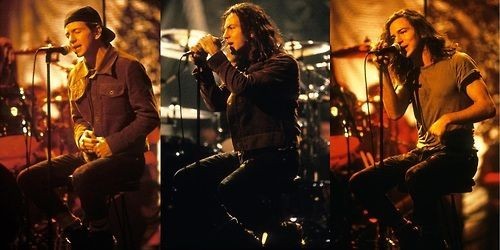

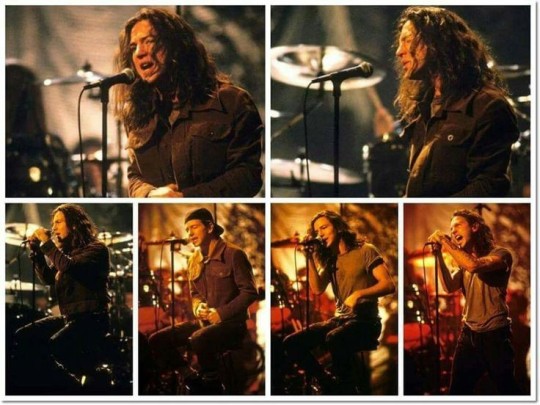
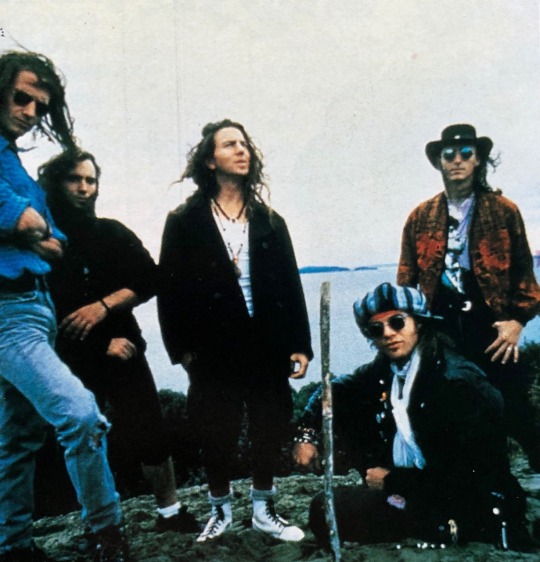
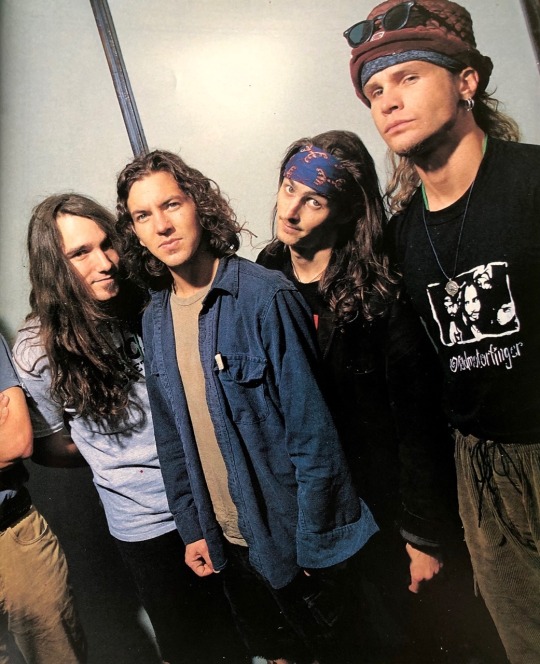
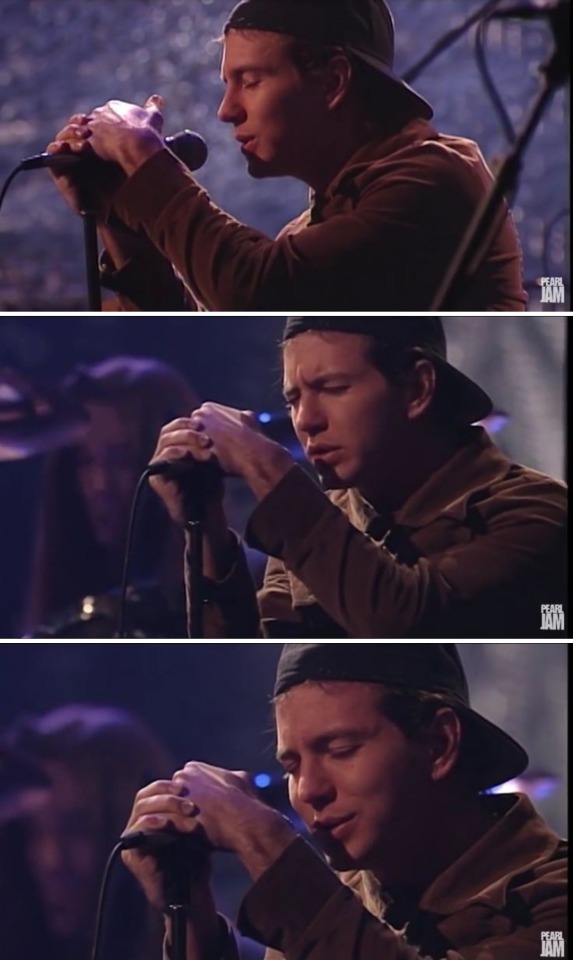


#90s grunge#90s pearl jam#90s#90s eddie vedder#eddievedder#eddie vedder hat#eddie vedder backwards hat#eddie vedder#stone gossard#matt cameron#jeff ament#mike mccready#dave abbruzzese
21 notes
·
View notes
Photo





#eddie vedder#90s eddie vedder#eddievedder#eddie vedder backwards hat#eddie vedder hat#90s grunge#90s#90s pearl jam#pearl jam#stone gossard#jeff ament#mike mccready
25 notes
·
View notes
Text
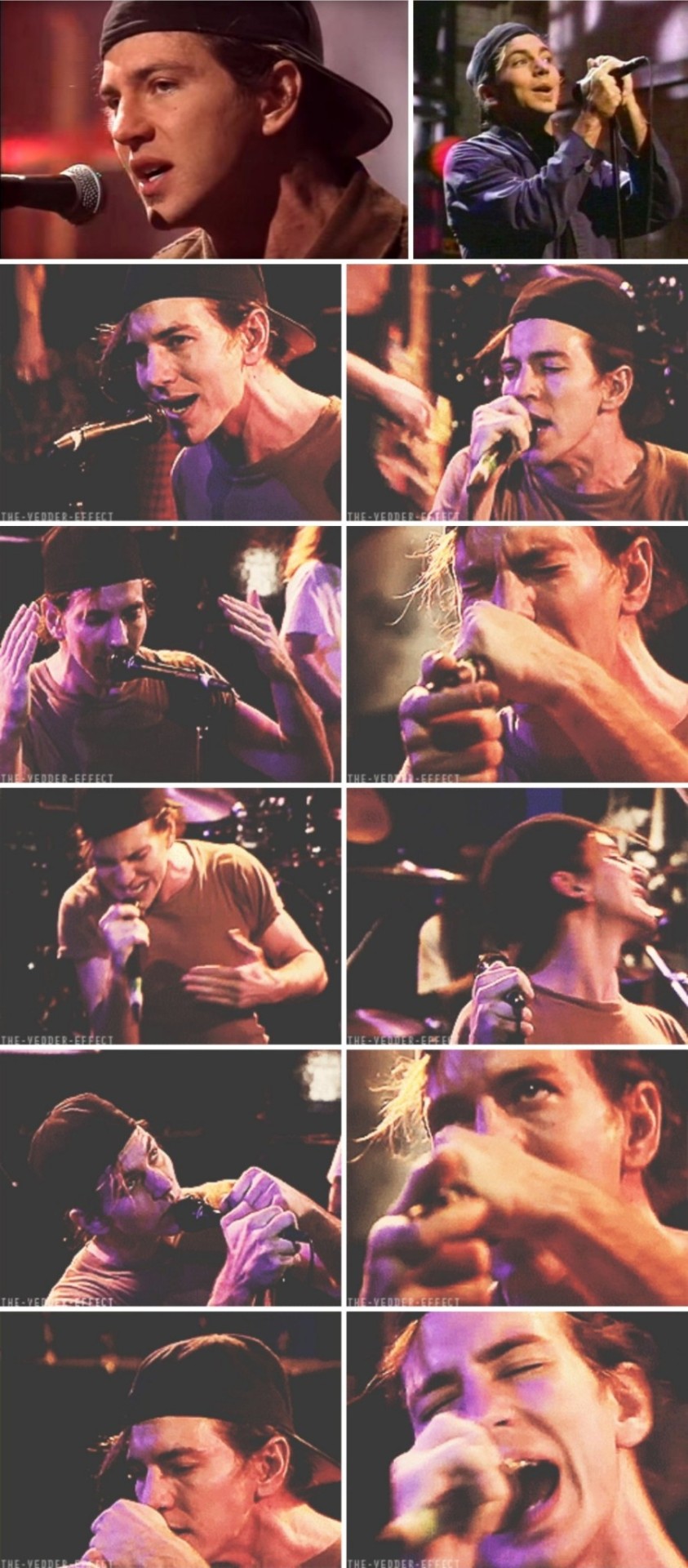
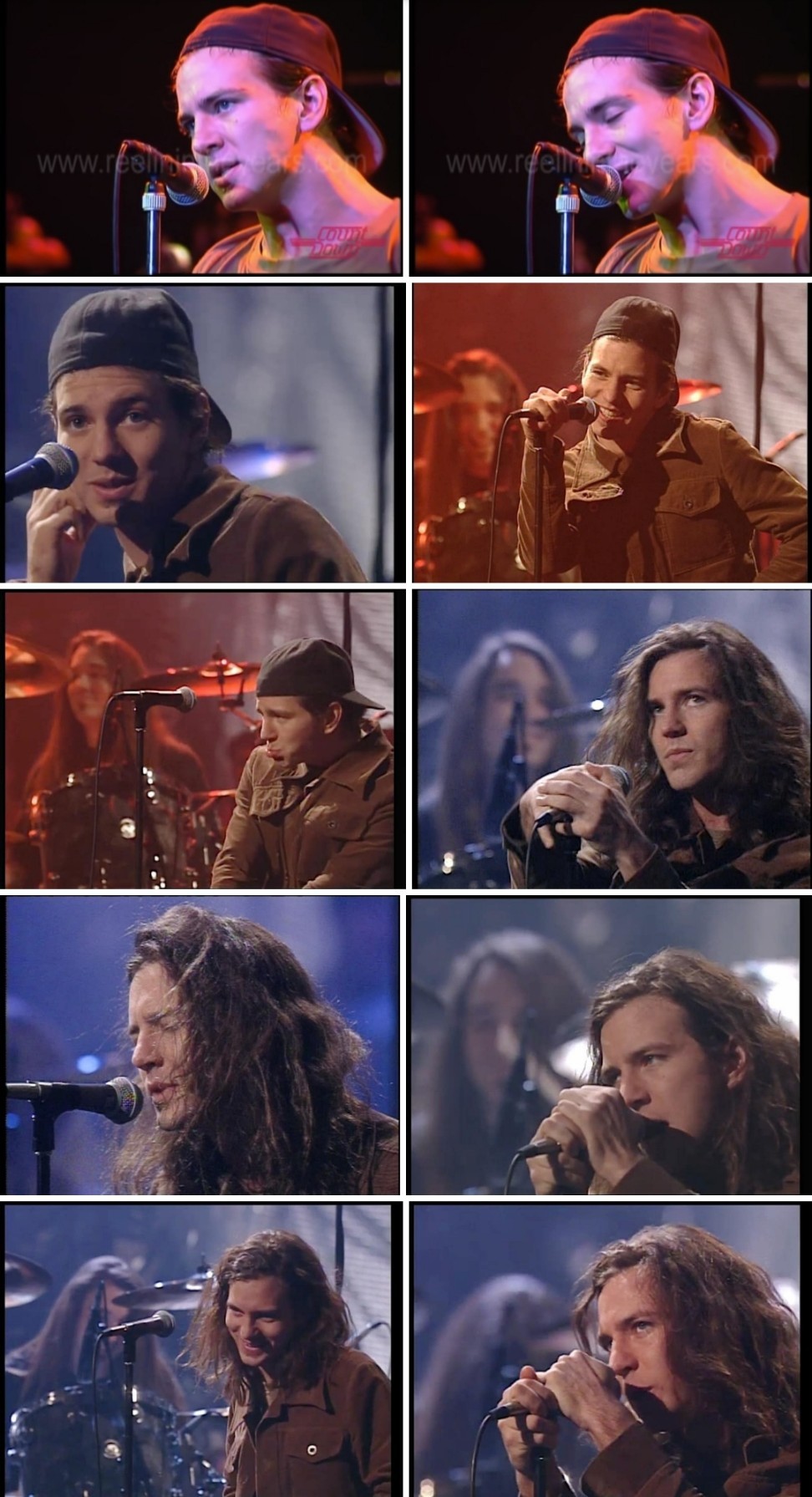
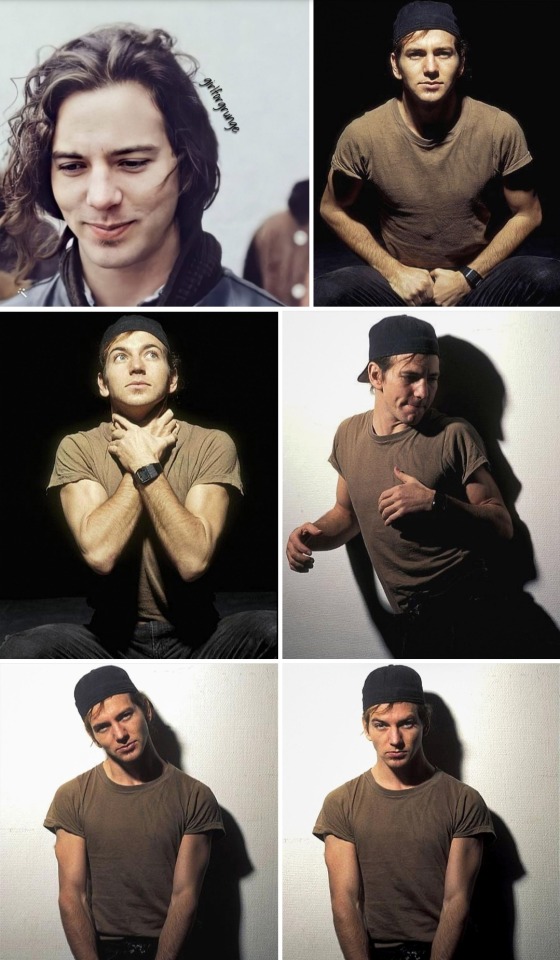
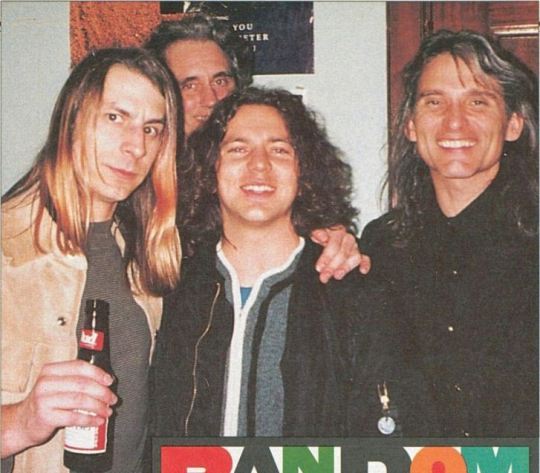

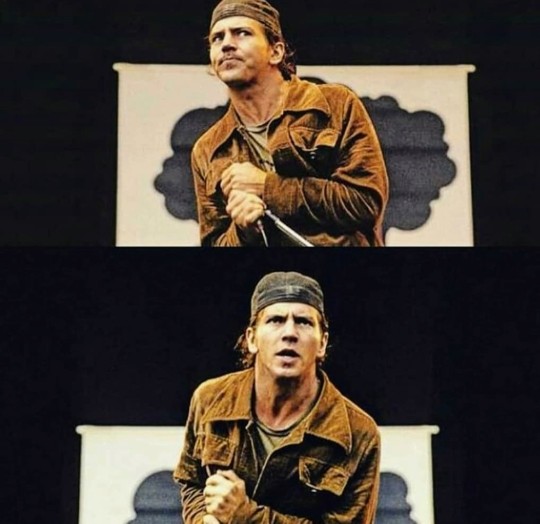
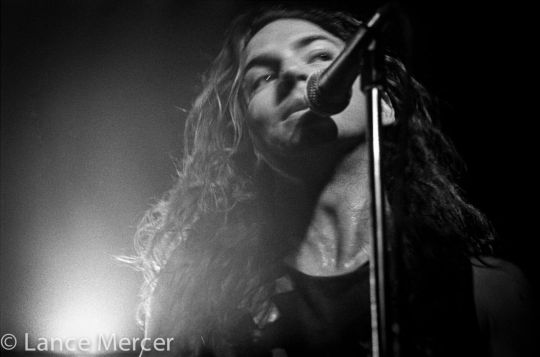


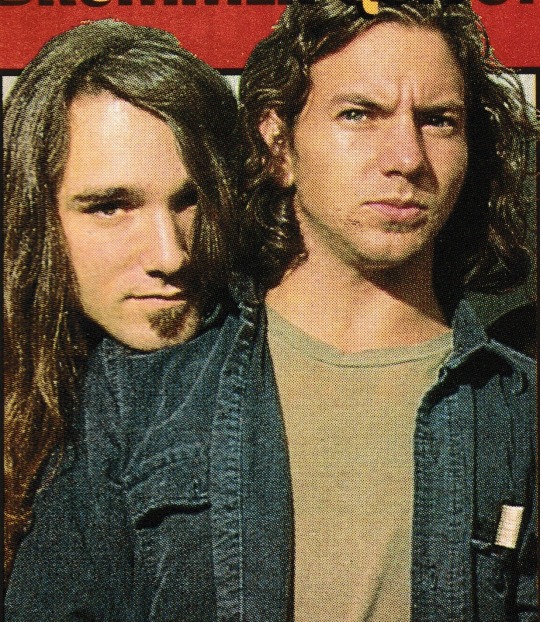
#jeff ament#stone gossard#90s grunge#pearl jam#mike mccready#dave abbruzzese#90s#90s pearl jam#eddievedder#eddie vedder backwards hat#90s eddie vedder#eddie vedder#eddie vedder hat
16 notes
·
View notes
Photo

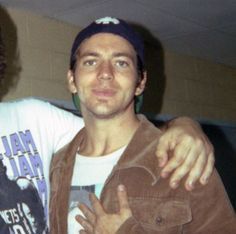



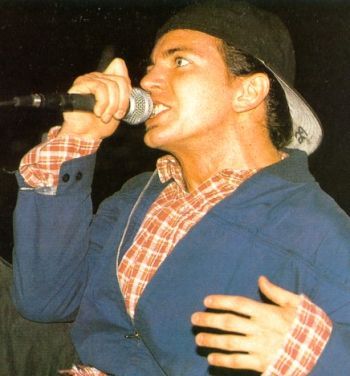
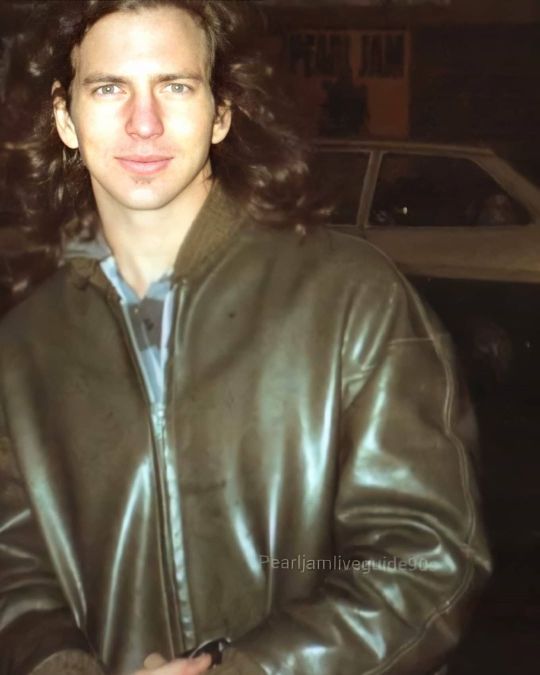
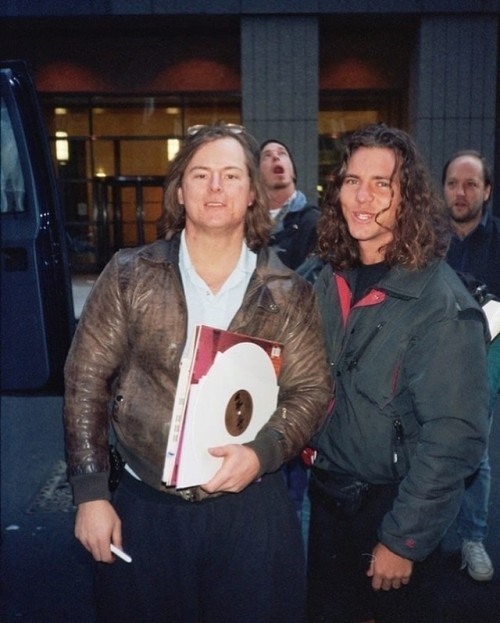

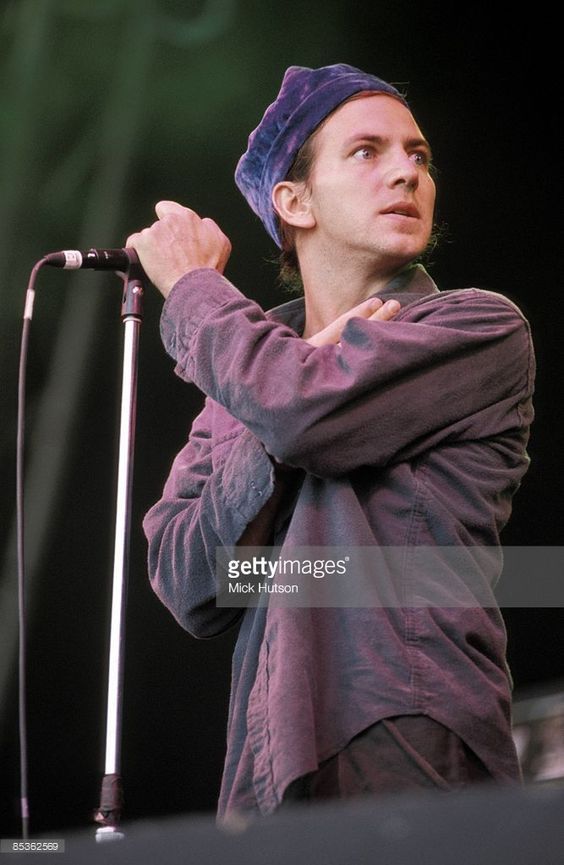
#90s eddie vedder#90s pearl jam#90s#90s grunge#pearl jam#eddie vedder#eddie vedder hat#eddie vedder backwards hat#eddievedder#jeff ament#stone gossard#dave abbruzzese#mike mccready
16 notes
·
View notes
Text










#pearl jam#90s grunge#90s#90s eddie vedder#eddievedder#eddie vedder backwards hat#eddie vedder hat#eddie vedder#stone gossard#mike mccready#jeff ament#dave abbruzzese
14 notes
·
View notes
Photo
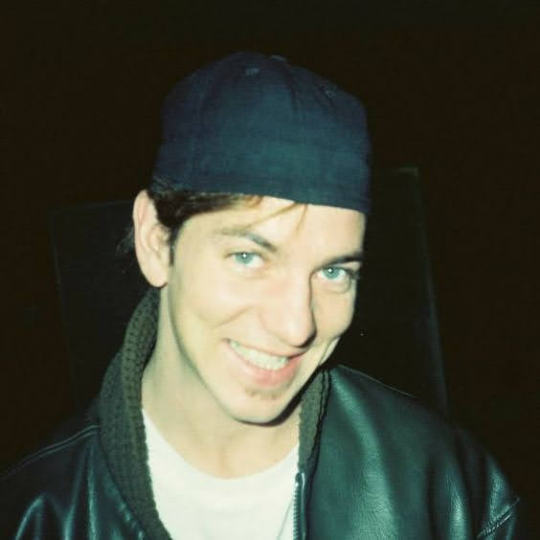
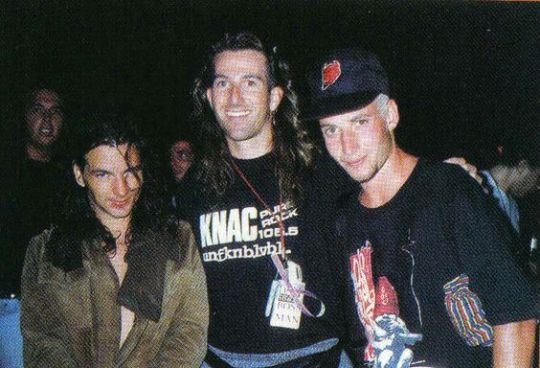
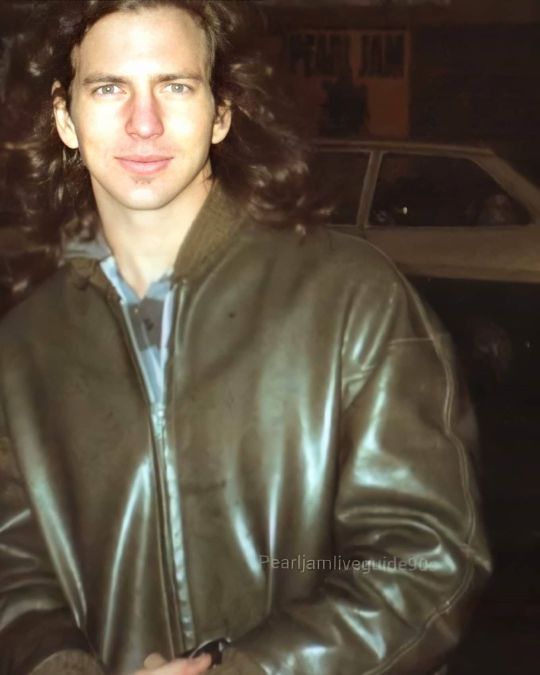
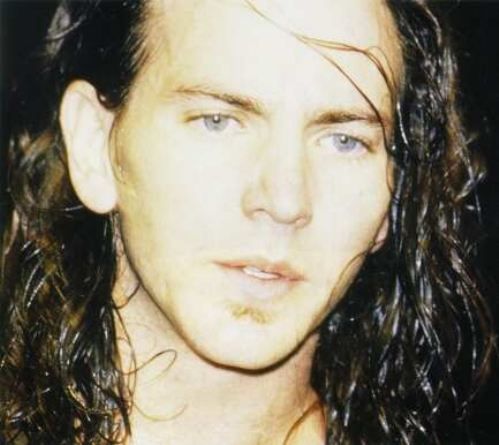

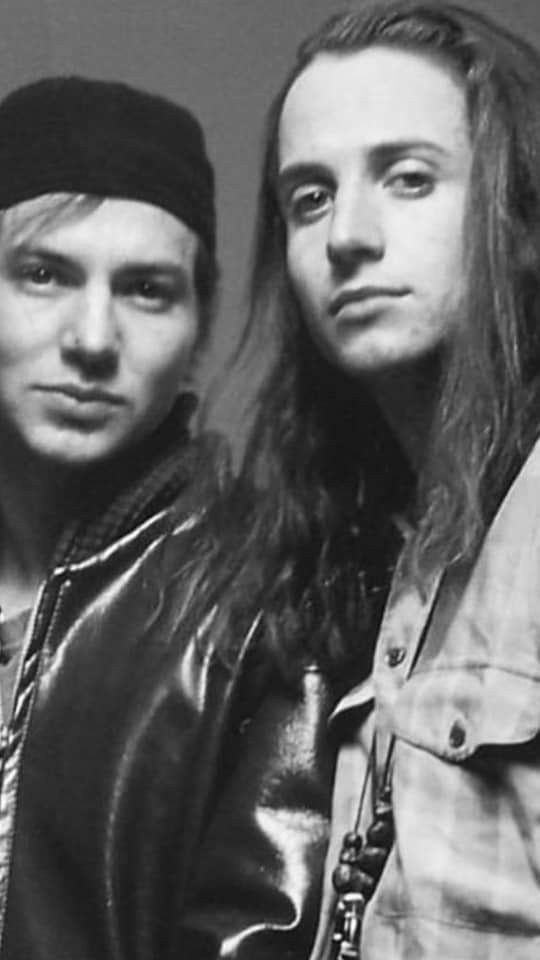
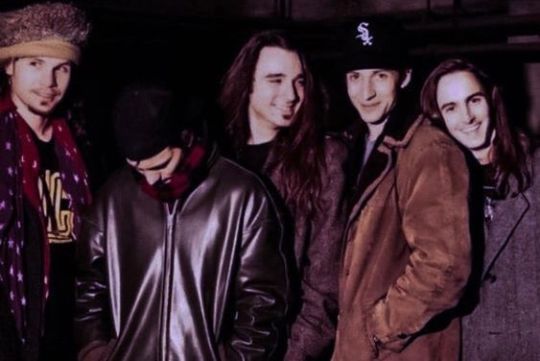
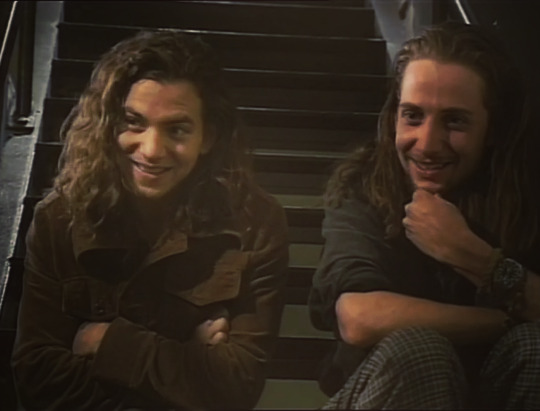
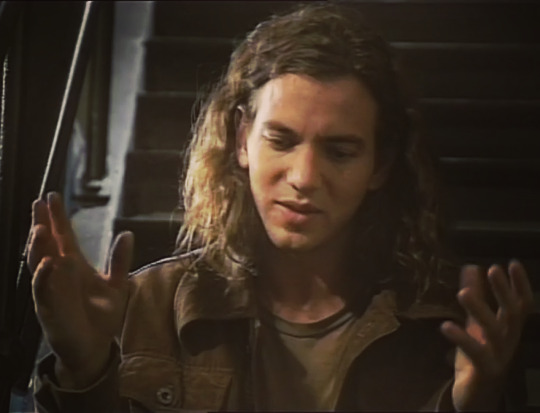

#pearl jam#90s pearl jam#eddie vedder#eddie vedder hat#eddievedder#eddie vedder backwards hat#90s eddie vedder#jeff ament#stone gossard#mike mccready#dave abbruzzese
10 notes
·
View notes
Text
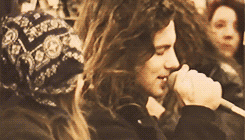



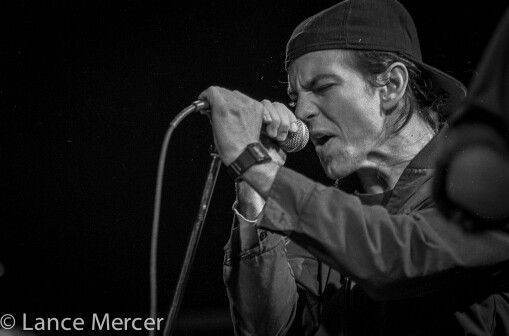
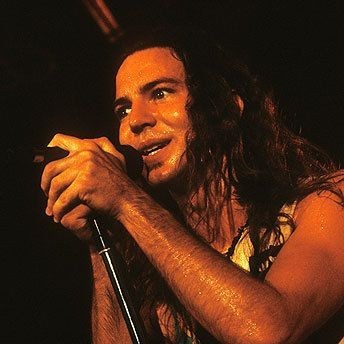
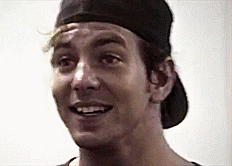


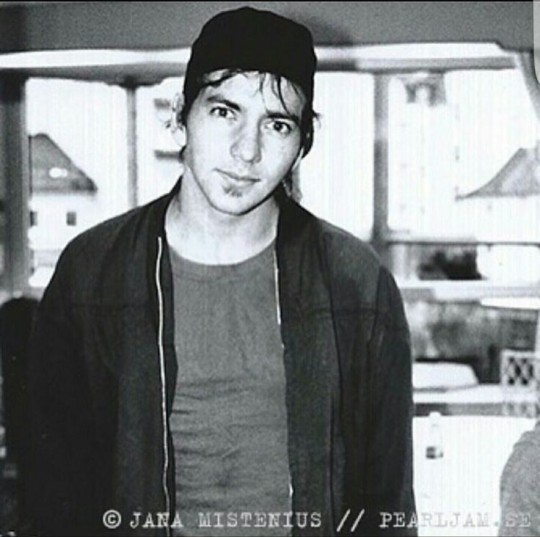
#pearl jam#90s grunge#90s pearl jam#90s#90s eddie vedder#eddie vedder backwards hat#eddievedder#eddie vedder hat#eddie vedder
7 notes
·
View notes
Photo

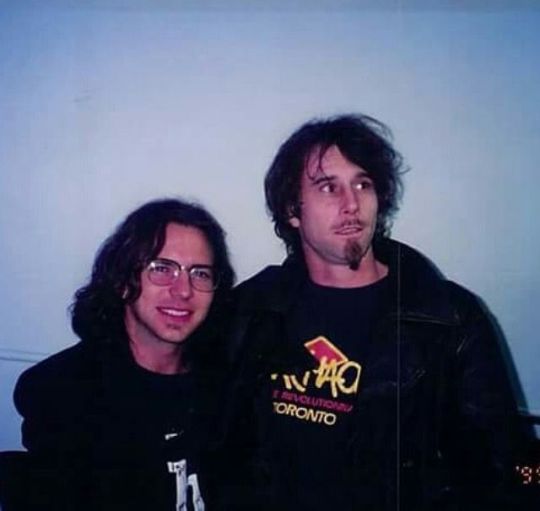
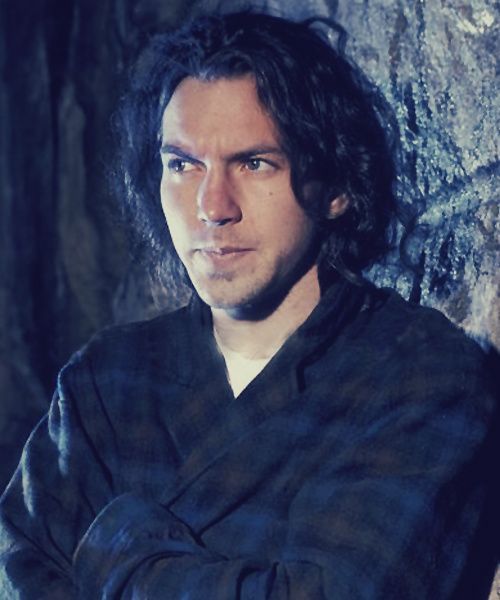
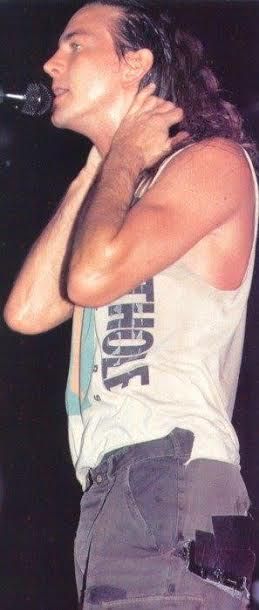

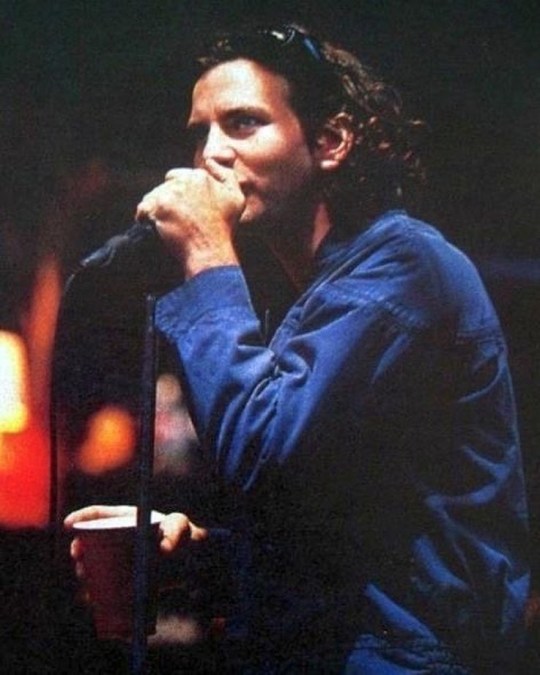
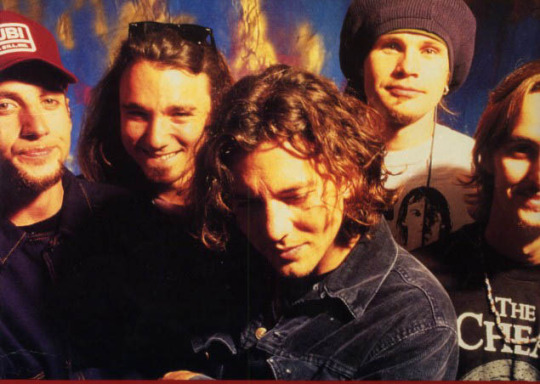
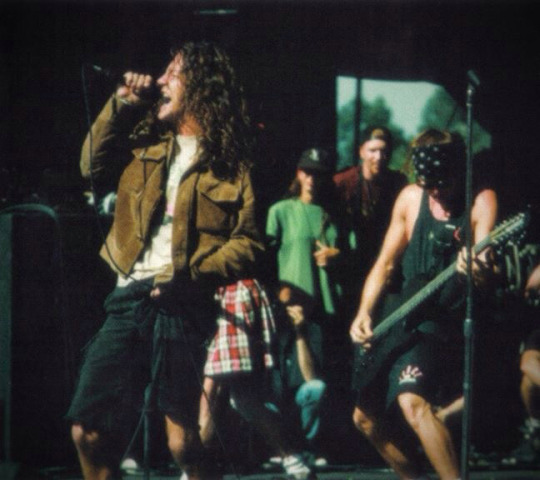
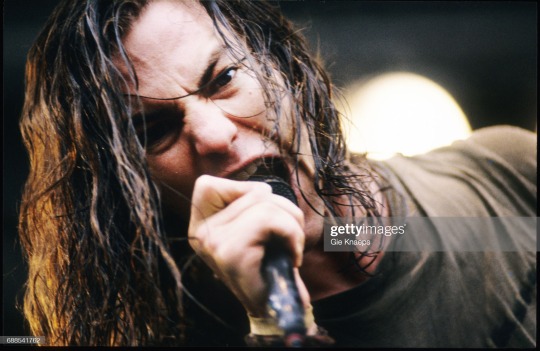
#pearl jam#90s pearl jam#90s grunge#90s eddie vedder#90s#eddie vedder#eddie vedder hat#eddie vedder backwards hat#eddievedder#stone gossard#jeff ament#mike mccready#dave abbruzzese
12 notes
·
View notes
Text










7 notes
·
View notes
